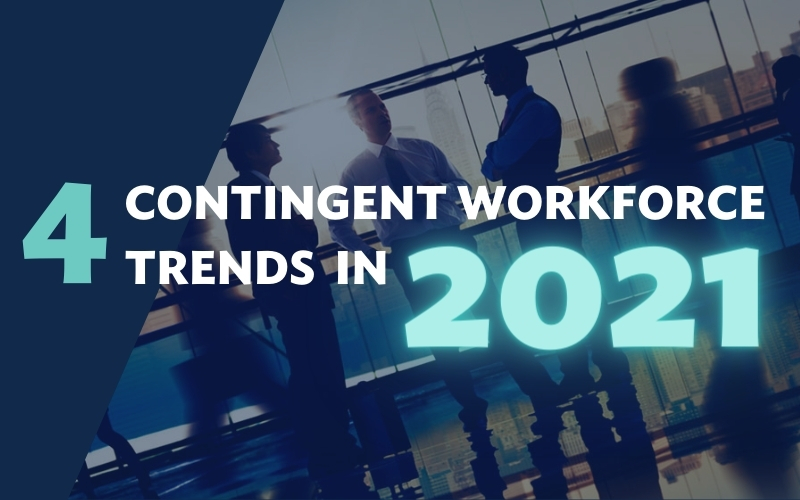Independent Contractors

Today’s business challenges are unlike any others we’ve seen due to the coronavirus pandemic. In spring 2020, companies had to enable a remote workforce virtually overnight. Although many businesses have begun to see the advantages of remote working, 71% are still struggling with the transition. It’s not hard to see why. Though remote work brings…
Read the full story
What the Department of Labor’s Proposed Change to FLSA Means for Classifying Independent Contractors
For decades, employers have struggled to determine which workers they may qualify as independent contractors versus which must be hired as employees. With the burgeoning gig economy further blurring the line between these categories, this struggle has only grown more acute over the past few years. And until recently, the Department of Labor has lacked…
Read the full story
It’s only fitting that a roller-coaster presidential race would cap off an unquestionably tumultuous year, but now that President Joe Biden has been sworn in, employers should start anticipating the various ways in which the new administration could change federal workplace laws. There’s still plenty of uncertainty, but the Democratic majority in the Senate provides…
Read the full story
An unprecedented year created unfamiliar challenges for companies and their HR departments in 2020. Many businesses shuttered, and others watched their workforces go completely remote overnight. Throughout it all, the stress of the pandemic weighed on workers in countless ways. These trends and the emerging future of remote work have created opportunities to find and…
Read the full story
There’s a global workforce of qualified talent out there — and minimal obstacles to engaging them. Instead of limiting recruiting to people who live in the U.S., employers are now searching for candidates all over the world. Why? Some want to expand into new markets. Others require talent they can’t find stateside. Many seek lower labor…
Read the full story
If you’ve traditionally employed full-time employees, you might have some questions about the different types of work arrangements that have gained momentum over the past few years. With the rise of the internet and tech companies that have enabled the gig economy, more workers are eschewing full-time employment for the flexibility of less permanent working…
Read the full story
While global economic activity has picked up since the onset of the COVID-19 pandemic, there’s still a long way to go. A recent World Economic Forum report predicts the current recession could last through late 2022. Surviving a recession requires companies to make difficult decisions, and executives will lean heavily on their HR departments for…
Read the full story
When California’s Assembly Bill 5 (AB5) went into effect at the beginning of 2020, its intent was clear: draw a clear distinction between what it means to be an independent contractor and what it means to be a traditional employee. Quite a few companies have struggled with AB5 compliance, leading to unforeseen legal troubles and…
Read the full story
Geographic borders no longer limit businesses. Technology has shifted how businesses operate — internally and externally — while opening companies up to a broader array of customers and a more diverse employee base. The benefits of a diverse employee group might seem clear, but the reality of the COVID-19 pandemic is creating some challenges for…
Read the full story
In August, Vox Media paid out $4 million to settle three different lawsuits from employees who claimed they were misclassified according to the law. In the wake of regulations like California’s Assembly Bill 5 (AB5), guidelines were in place to differentiate between full-time employees and independent contractors. Vox failed to classify these workers properly, and that misstep ended…
Read the full story


